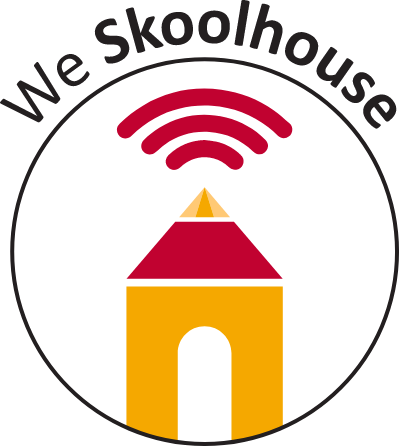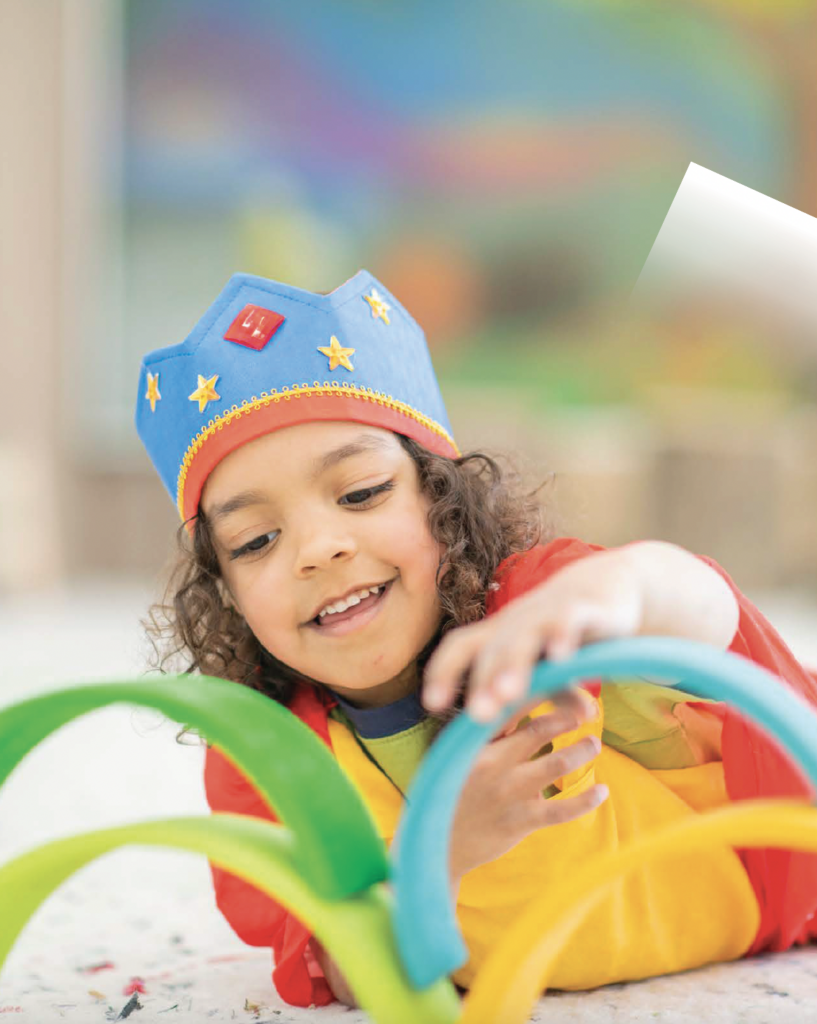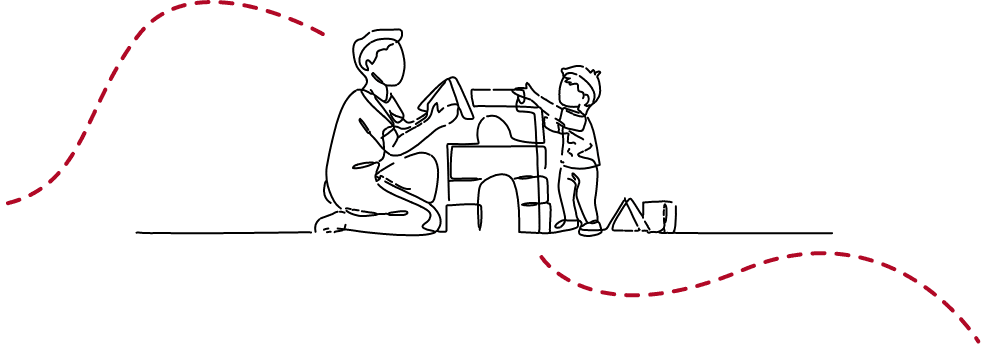Introduction
Early childhood education (ECE) emerges as a transformative force, sculpting the cognitive, emotional, and social contours of a child’s development. In the initial five years, a period marked by extraordinary neural growth and adaptability, the foundation for lifelong learning and well-being is laid. This transcends traditional perceptions of daycare or preschool, positioning ECE as a key influencer in shaping the neural networks that underpin a child’s abilities throughout life.
The groundbreaking work of Shonkoff and Phillips (2000) illuminates the extraordinary significance of the early years in shaping the architecture of the brain. This critical period witnesses intricate neural development, forging connections that dictate cognitive functions, emotional regulation, and social skills. As highlighted by Knudsen et al. (2006), the early childhood stage is a unique “window of opportunity” where interventions wield maximum influence on lifelong outcomes. These insights underscore the urgency and potential for positive impact inherent in early childhood education.
Moving beyond cognitive dimensions, early childhood education adopts a holistic stance, acknowledging the interconnectedness of diverse developmental domains. The research of Yoshikawa et al. (2013) emphasizes a comprehensive approach that goes beyond academic readiness to encompass socio-emotional well-being. Holistic early childhood education recognizes the intricate interplay between cognitive, social, emotional, and physical development, striving to nurture well- rounded individuals capable of navigating life’s complexities with resilience and adaptability.
The We Skoolhouse Model epitomizes a commitment to providing an extraordinary early childhood education experience that surpasses conventional benchmarks. Our program not only integrates evidence- based practices but also draws inspiration from the Reggio Emilia philosophy. We go beyond the confines of academic preparation, prioritizing the cultivation of creativity, critical thinking, and emotional intelligence. Tailoring our approach to the unique needs of each child, We Skoolhouse exceeds established standards by fostering an environment that nurtures the whole child. Our dedication extends to fostering collaboration with families and the community, creating a holistic learning ecosystem. The We Skoolhouse Model sets a new standard in early childhood education, dedicated to comprehensive growth and development for every child.
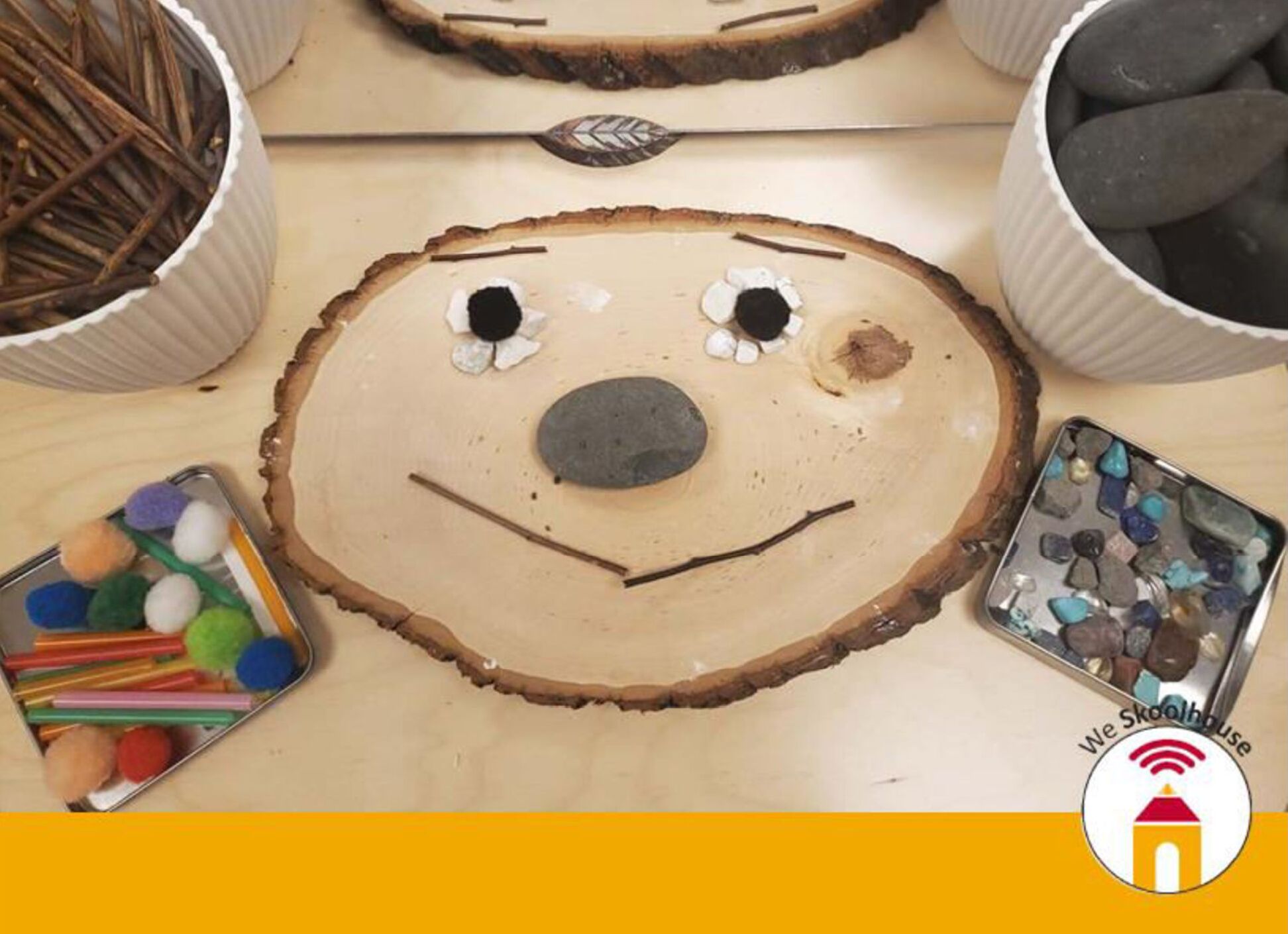
Learning Standards for Early Childhood
Early childhood learning standards serve as a framework to guide educators in creating a developmentally appropriate and enriching learning environment for young children. The standards cover various domains of development, including cognitive, social-emotional, physical, and language development. They are designed to support educators in fostering a well- rounded and inclusive educational experience, tailored to the unique needs of each child. Early childhood learning standards help ensure that educational practices align with research-based best practices and contribute to the overall well-being and school readiness of young learners.
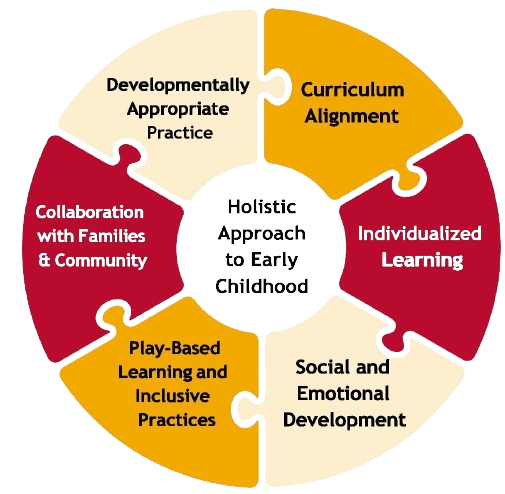
Developmentally Appropriate Practice
At We Skoolhouse, our commitment to developmentally appropriate practices is deeply rooted in understanding the unique developmental stages of each child. Guided by the principles set forth by the National Association for the Education of Young Children (NAEYC), our educators ensure that learning experiences are not only age-appropriate but also thoughtfully tailored to individual progress that is developmentally appropriate in practice. This approach draws on research insights into cognitive and socio-emotional development to create a nurturing environment that optimally supports each child’s growth.
Example 1: Large Blocks of Time for Unstructured Play
Our commitment to developmentally appropriate practices includes dedicating large blocks of time to unstructured play. During these periods, children have the freedom to explore, create, and interact with open-ended materials, fostering creativity, social skills, and imaginative play.
Example 2: Meeting Children Where They Are
Through the use of our observation tools, educators are encouraged to observe and understand each child’s unique needs, tailoring activities and interactions to provide the appropriate level of challenge and support. This personalized approach ensures that every child feels seen and valued in their learning journey.
Example 3: Repetition of Activities
Recognizing the significance of repetition in learning, we incorporate repeated exposure to activities. Repetition not only strengthens foundational skills but also allows children to gain confidence, master concepts, and build a sense of mastery over time.
Curriculum Alignment (Reggio Emilia Inspired)
The We Skoolhouse curriculum, inspired by the Reggio Emilia philosophy, goes beyond traditional alignment with national standards. It embraces the child as an active participant in their learning journey, with an emphasis on exploration, creativity, and collaboration. The curriculum is designed to spark curiosity and foster a love for learning through hands-on experiences. By intertwining the Reggio Emilia approach with established educational standards, we create a dynamic and enriching curriculum that prepares children for a lifetime of inquiry and discovery.
Example 1: Holistic Learning Module
Our curriculum targets all domains of development (approaches to learning, social and emotional, cognition, language, and motor) as well naturally weaving concepts of art, science, literacy, and mathematics into daily activities and experiences.
Example 2: Nature as a Classroom
Nature serves as an integral part of our curriculum. Through outdoor experiences and utilizing natural materials, children engage with the environment, aligning with environmental science standards and promoting a connection to the natural world.
Example 3: Community Exploration
Taking learning beyond the classroom, community explorations provide firsthand experiences. Whether it’s a visit to a local fire station or engaging with community members, these activities align with social studies standards, fostering community connections.
Individualized Learning
We Skoolhouse takes a personalized approach to education, offering assessment and observation tools to tailor instructional methods to the unique needs, interests, and abilities of each child. Our commitment to an individualized approach is exemplified through the use of open-ended materials and activities. By providing a variety of materials and activities that encourage exploration and cater to various learning styles, we ensure that every child has the opportunity to thrive. This approach allows for flexibility, accommodating diverse learning preferences and fostering a sense of autonomy in the learning process.
Example 1: Observation Tools
We Skoolhouse provides observational forms that educators can utilize to understand each child’s unique appraoch to learning. In addition to observational forms, we offer documents to track and monitor eating, diapering/toileting, as well as developmental checklists.
Example 2: Open-ended Provocations
We encourage the use of open-ended materials like paint, clay, recycled and natural materials to encourage creativity, innovation, and imagination. Because there is no “right” or “wrong” way to explore open-ended materials, every child can approach and engage with materials that best suited for their particular learning style, interests, and interpretations.
Example 3: Learning Through Play
Play is the ultimate medium for self-expression and understanding the world around us. Therefore, educators are deeply encouraged to provide a significant portion of the day to child-led play, both inside and outside of the classroom. This also meets various needs and intelligences (logical, kinesthetic, linguistic, interpersonal, intrapersonal, musical, and spatial).
Social and Emotional Development
Prioritizing social and emotional well-being, We Skoolhouse aligns with research-informed practices for promoting social-emotional competence. Activities are crafted to cultivate positive relationships, support the development of self-regulation skills, encourage effective communication, and nurture empathy. Our approach integrates findings from developmental psychology to create an emotionally intelligent and socially adept learning environment, preparing children for successful future interactions.
Example 1: Social Emotional Intelligence (Books and Discussions)
Our curriculum incorporates a curated collection of books that address emotional awareness, empathy, and self-reflection. Accompanying these books are language tools designed for educators to facilitate meaningful discussions.
Example 2: Ongoing Social and Emotional Support and Trainings
We equip teachers with documents to support children in developing self- regulation and coping strategies. Additionally, educators receive access to our ongoing webinars, outlining evidence-based strategies to further support the implementation of these tools effectively, fostering a resilient and emotionally intelligent learning environment.
Example 3: Yoga Documents for Preschoolers
We provide comprehensive yoga documents that guide educators in seamlessly integrating yoga into daily routines. The documents cover age- appropriate poses, breathing exercises, and mindfulness techniques tailored to enhance children’s emotional regulation and self-awareness.
Play-Based Learning and Inclusive Practices
Recognizing the foundational role of play, We Skoolhouse incorporates open-ended materials and play-based learning strategies. In alignment with neuroscientific insights into child development, this intentional design stimulates creativity, enhances problem-solving skills, and fosters imaginative exploration. Additionally, our commitment to inclusive practices, guided by research in inclusive education and social neuroscience, ensures that diversity is celebrated. Every child, irrespective of background or ability, is provided with a learning experience that respects and accommodates individual differences, fostering a sense of belonging within the community.
Example 1: Classroom Set-up Guide and Resources
Our classroom set-up guide supports educators in setting up an environment that is diversified to cater to various interests. A science exploration center, a creative arts corner, and a reading nook provide options for children to choose activities that align with their preferences, fostering a sense of autonomy.
Example 2: Inclusive Storytelling
Storytelling incorporates characters from diverse backgrounds and abilities, promoting inclusivity. This not only aligns with social studies standards but also creates an environment where every child feels represented and valued.
Example 3: Collaborative Games
Much of our curriculum incorporates different games that are designed to encourage collaboration and interaction among children of different abilities. In games like treasure hunts or collaborative building projects, every child contributes, fostering a sense of belonging and teamwork.
Collaboration with Families and Community
We Skoolhouse places the well-being of children at the forefront. Our model exceeds established standards with a focus on collaboration with families and the community. We actively involve families in the learning process, creating a collaborative environment through regular communication, transparent sharing of children’s progress, and a genuine desire to seek and incorporate family input to enhance the overall educational experience. By extending this collaboration to the wider community, we create a network that enriches the learning environment, providing children with a holistic and interconnected educational experience.
Example 1: Embracing Family
Our curriculum inspires children to think more about their own family dynamic, while also learning more about the families of their peers.
Educators are inspired to welcome families into the classroom as much as possible as they are the child’s “first teacher.”
Example 2: Connecting with the Community
Learning is never confined to the walls of the classroom, therefore we encourage teachers to bring children out into the greater community to learn about the people and places that surround them. Many activities also encourage giving back, inspiring empathy, connection, and a feeling of belonging.
Example 3: Conservationism
Utilizing detailed guides and resources, we encourage teachers to integrate activities that highlight the importance of caring for the environment.
Children participate in hands-on projects like community gardens, recycling initiatives, and nature exploration.
Through meticulous alignment with and surpassing of early childhood education standards, the We Skoolhouse Model stands as a testament to its commitment to providing a comprehensive foundation for children. Our nuanced and thoughtful approach ensures that each child receives an individualized, developmentally appropriate, and enriching educational experience, fostering play-based learning, creative expression, health and physical development, partnerships for learning, and robust social- emotional growth. This sets the stage for a successful lifelong learning journey.
References:
Shonkoff, J. P., G Phillips, D. A. (Eds.). (2000). From Neurons to Neighborhoods: The Science of Early Childhood Development. National Academies Press.
Knudsen, E. I., Heckman, J. J., Cameron, J. L., G Shonkoff, J. P. (2006). Economic, Neurobiological, and Behavioral Perspectives on Building America’s Future Workforce. Proceedings of the National Academy of Sciences, 103(27), 10155–10162.
Yoshikawa, H., Weiland, C., Brooks-Gunn, J., Burchinal, M. R., Espinosa, L. M., Gormley, W. T., … G Zaslow, M. J. (2013). Investing in Our Future: The Evidence Base on Preschool Education. Society for Research in Child Development, 27(2), 8–22.
National Association for the Education of Young Children (NAEYC): Website: https://www.naeyc.org/
Reggio Emilia Approach:
Website: http://www.reggioalliance.org/
